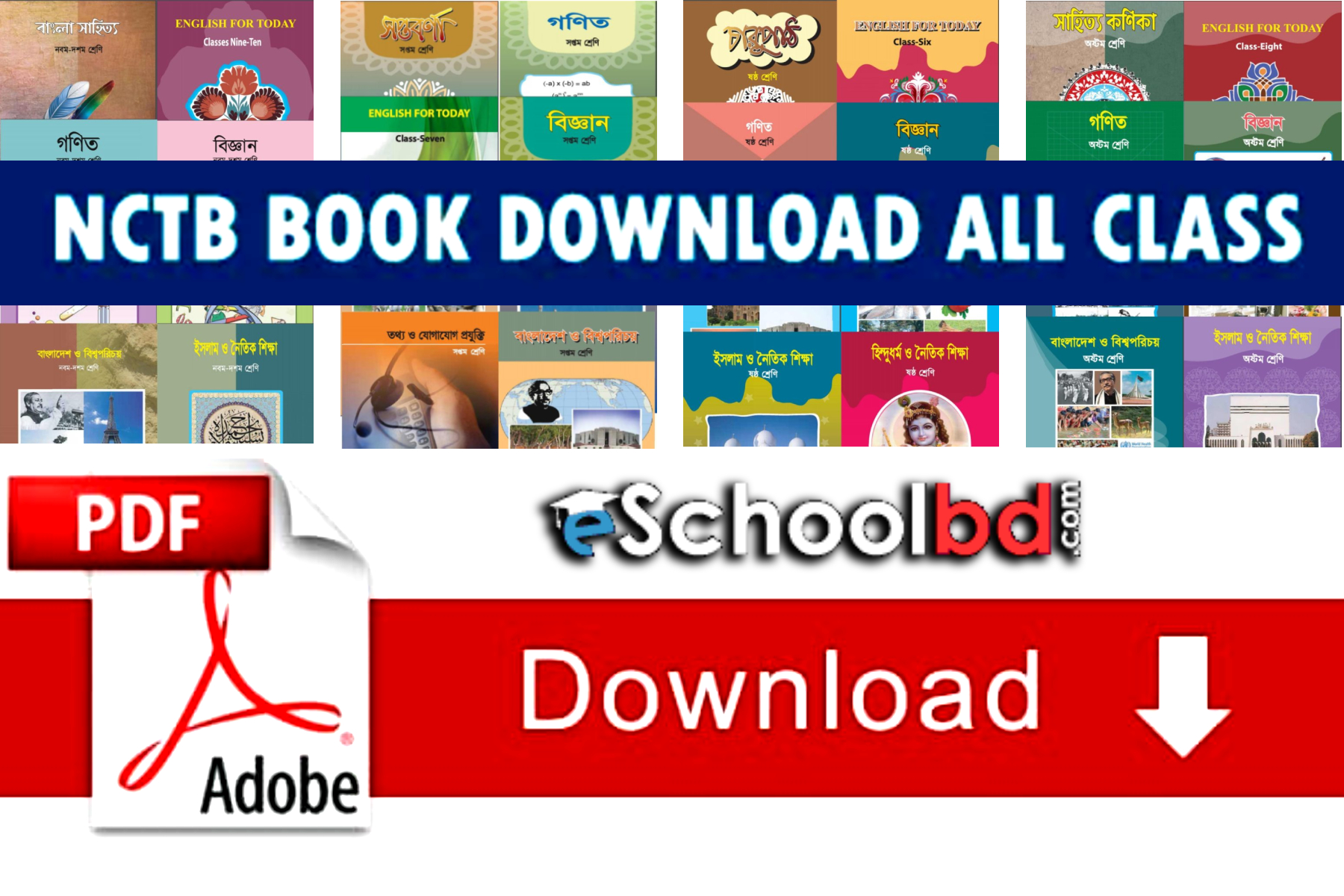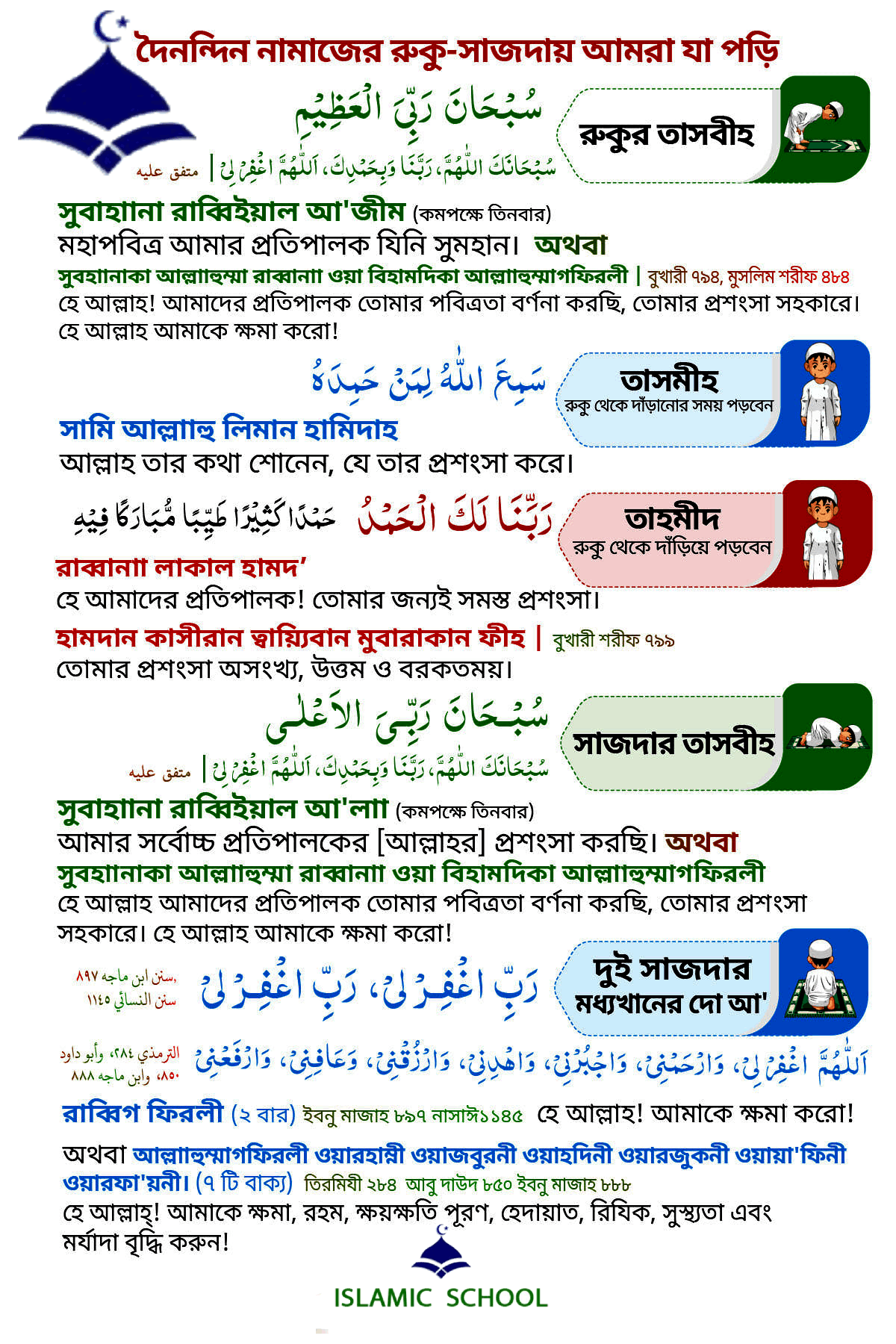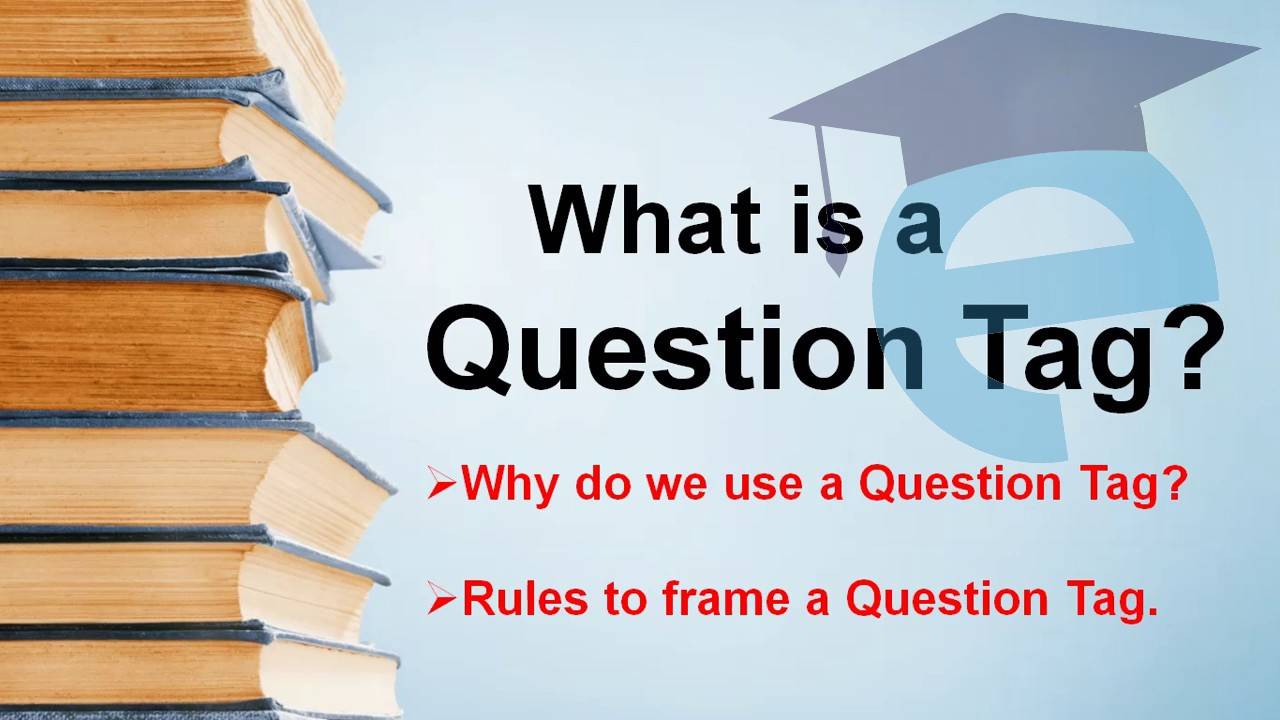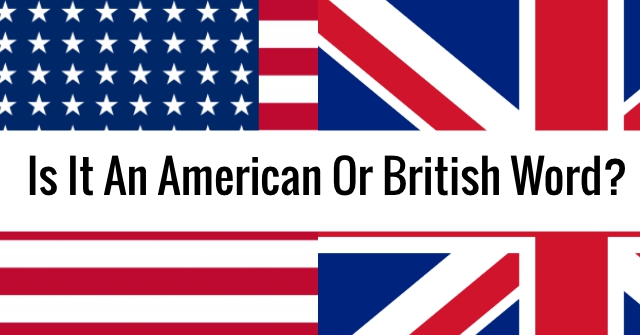ইংরেজি শব্দের বানান-রীতি ও কৌশল
বানান মনে রাখার সহজ উপায় হলো যখন শব্দটি পড়বেন তখন বানানটিও মনোযোগ দিয়ে দেখে নিতে হবে সবচেয়ে ভালো হয় কয়েকবার syllable ভাগ করে পরা ও লেখা । কিছেু কৌশল আছে যেগুলো সহজেই আয়ত্ত করা যাবে।নিচে সেই রকম কিছু কম কৌশল দেওয়া হল
Rule-1: ‘l’ দ্বারা গঠিত এক syllable বিশিষ্ট শব্দে যদি ‘l’ এর পূর্বে একটিমাত্র vowel থাকে, তাহলে এ শব্দের শেষে ‘ll’ ব্যবহার করতে হয়। যেমন: Well, tell, fill till.
Rule-2: ‘l’ দ্বারা সমাপ্ত এক syllable বিশিষ্ট শব্দে যদি ‘l’ এর পূর্বে দুইটি vowel থাকে, তাহলে ঐ শব্দের শেষে একটি ‘l’ ব্যবহার করতে হয়। যেমন: Feel, weal, meal, goal.
Rule-3: Consonat যুক্ত কোনো suffix (ness ব্যতীত) যদি ‘ll’ দ্বারা সমাপ্ত হয়ে এক syllable বিশিষ্ট কোনো শব্দের শেষে যুক্ত হয়, তাহলে শেষের ‘l’ বাদ যাবে।
যেমনঃ Well+come=welcome; well+fare=welfare; full+fil=fulfil.
কিন্তু vowel যুক্ত Suffix হলে ‘ll’ ই ব্যবহার করতে হবে। যেমন: ill+ness=illness.
Rule-4: ‘ll’ দ্বারা সমাপ্ত এক syllable বিশিষ্ট শব্দ যদি suffix হিসেবে ব্যবহৃত হয়, তাহলে শেষের ‘l’ বাদ দিতে হবে।
যেমনঃ roll-enrol, fill-fulfil, full-doubtful etc.
Rule-5: কোনো শব্দের শেষে যদি একটি consonant থাকে এবং consonant টির পূর্বে যদি একটি vowel থাকে এবং এরপর আদিতে যদি vowel বিশিষ্ট কোনো suffix (প্রত্যয়) যুক্ত হয়, তাহলে শেষের consonant টি দ্বিত্ব (double)হবে। যেমন: concel+ed=cancelled, travel+er=traveller.
ব্যতিক্রমঃ Benefited, credited, differed, galloped, paralleled, visitor.
Rule-6: যে সমস্ত word এর শেষে ‘y’ থাকে এবং সেই ‘y’ এর পূর্বে যদি consonant থাকে তাহলে i বিশিষ্ট প্রত্যয় (ing+ist) বাদে অন্যান্য প্রত্যয় যুক্ত করার সময় ‘y’ এর স্থানে ‘i’ হয়। যেমন: Accompany=Accompaniment, Busy=Business.
Rule-7: দুই বা তিন syllable যুক্ত word এর শেষে যুদি একটি consonant এবং তার আগে যদি একটি vowel থাকে এবং উচ্চারণের সময় যদি শেষ syllable এ stress পড়ে তাহলে সেক্ষেত্রে কোনো suffix যোগ করতে হলে শেষ Consonant টি double (দ্বিত্ব) করতে হয়।
যেমনঃ begin+er=beginner, swim+ing=swimming.
কিন্তু stress যদি প্রথম syllable এর উপর দেওয়া হয়, তাহলে Consonant টি double হয় না।
যেমনঃ Murmur+ed=murmured, orbit+ing=orbiting.
Rule-8: কোনো শব্দের শেষে যদি ‘y’ থাকে এবং তার পূর্বে যদি কোনো vowel থাকে, তাহলে সেই শব্দের সাথে কোনো suffix যোগ করার সময় সাধারণত ‘y’ এর কোনো পরিবর্তন হয় না।
যেমনঃ Buy=Buyer, Boy=Boyish, Journey=Journeyed ইত্যাদি।
ব্যতিক্রমঃ Say=said, Day=Daily ইত্যাদি।
Rule-9: শব্দের শেষে যদি ‘y’ থাকে এবং সেই ‘y’ এর পূর্বে যদি ‘t’ থাকে এবং তারপর যদি ‘ous’ যোগ করতে হয় তাহলে ‘y’ এর স্থলে e হয়।
যেমনঃ Beauty=Beauteous, Pity=Piteous ইত্যাদি।
Rule-10: যদি কোনো word এর শেষে ‘e’ থাকে এবং সে word এর প্রথমে যদি vowel বিশিষ্ট কোনো প্রত্যয় যুক্ত করতে হয়, তাহলে শব্দের শেষের ‘e’ সাধারণত বাদ দিতে হয়।
যেমনঃ Come=Coming, Write=Writing. কিন্তু word এর শেষে ‘e’ এবং word টির পূর্বে যদি ‘g’ বা ‘c’ থাকে তাহলে সে word এর শেষে ‘ous’ এবং ‘abl’ যুক্ত করার সময় word এর শেষের ‘e’ বাদ যায় না। যেমনঃ Courage= Courageous, Charge=Chargeable.
ব্যতিক্রমঃ Practice=Practicable.
Rule-11: কোনো word এর শেষে যদি ee, oe বা ye থাকে তাহলে সে word এর শেষে ed বাদে প্রথমে যদি vowel বিশিষ্ট অন্য কোনো প্রত্যয় যুক্ত হয়, তাহলে শব্দের শেষের ‘e’ বাদ যায় না। যেমনঃ Agree=Agreeable, Free=Freeing, See=Seeing ইত্যাদি।
Rule-12: যদি কোনো word এর শেষে ie থাকে, তবে সে word এর শেষে ing যোগ করতে হলে ie-এর স্থানে ‘y’ হয়।
যেমনঃ Die=Dying, Tie=Tying ইত্যাদি।
Rule-13: যদি কোনো word এর শেষে ‘e’ থাকে এবং সে word এর শেষে যদি consonant বিশিষ্ট কোনো প্রত্যয় যোগ করতে হয়, তাহলে ‘e’ বাদ যাবে। যেমনঃ Argue=Argument, Simple=Simple, Awe=Awful.
ব্যতিক্রমঃ Achieve=Achievement. আবার কিছু কিছু word আছে যেগুলোতে e বাদ দিলেও চলে, না দিলেও চলে। যেমনঃ Abridge=Abridgment/Abridgement.
Rule-14: কোনো word এ ব্যবহৃত ‘i’ এবং ‘e’ একত্রে থেকে যদি দীর্ঘ-ঈ (বা Double) এর মত উচ্চারিত হয়, তাহলে সাধারণত প্রথমে ‘i’ ব্যবহৃত হয় এবং পরে ‘e’ ব্যবহৃত হয়।
যেমনঃ Achieve, belief, brief, chief, friend. ব্যতিক্রমঃ Conceive, Ceiling,
Rule-15: কোনো word-এ ব্যবহৃত ‘i’ এবং ‘e’ যদি একত্রে থেকে দীর্ঘ-ঈ এর মতো উচ্চারিত না হয়, তাহলে সাধারণত প্রথমে ‘e’ এবং পরে ‘i’ ব্যবহৃত হয়। যেমনঃ Heir, Height.
Rule-16: কিন্তু word এর পদান্তর (যেমন: Noun-Adjective) হলে মাঝে মাঝে ‘u’ বাদ দিতে হয়। যেমনঃ Honorary, Labour=Laborious.
Rule-17: ইংরেজি ভাষায় কিছু শব্দ আছে যেগুলোকে পৃথক করে লেখা যায় না।
যেমনঃ Anybody, Everybody, Elsewhere, Cannot, Instead, Nothing, Nowhere, Welcome, Sometimes, Nobody.
























